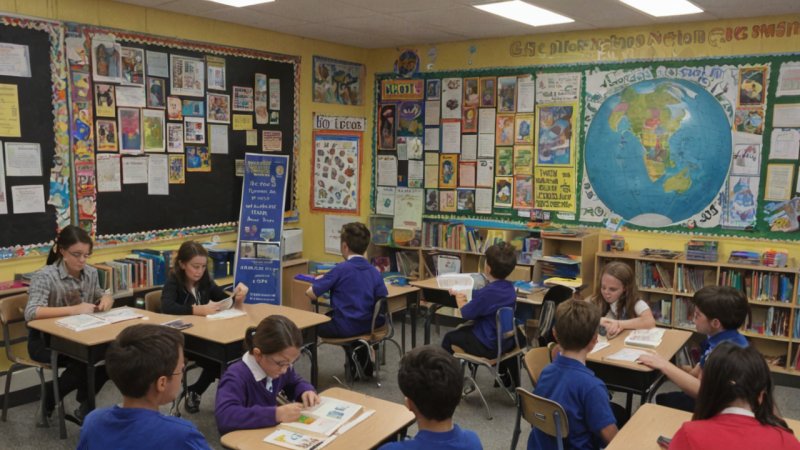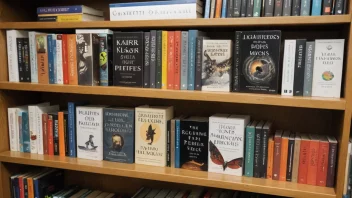Non-fiction literature plays a pivotal role in shaping education and enhancing the learning experience for students of all ages. It serves as a vital resource that not only imparts knowledge but also fosters critical thinking, encourages curiosity, and cultivates a deeper understanding of the world. In the realm of education, non-fiction books offer invaluable insights and perspectives that engage learners and broaden their horizons. Here, we explore the multifaceted contributions of non-fiction in education and learning, highlighting its significance in various aspects.
1. Fostering Critical Thinking Skills
Non-fiction books challenge readers to analyze information critically and assess various viewpoints. By presenting facts, statistics, and real-life scenarios, these texts encourage students to engage with the material on a deeper level. Critical thinking skills are essential in today's information age, as learners must discern credible sources and evaluate arguments effectively. Non-fiction literature often includes:
- Case studies that present real-world applications of theories.
- Biographies that showcase diverse perspectives and life lessons.
- Documentaries that provide a factual basis for discussions.
2. Enhancing Research Skills
Reading non-fiction equips students with the tools needed for effective research. As they navigate through various texts, they learn how to locate, evaluate, and synthesize information from multiple sources. This process not only improves their research skills but also prepares them for academic pursuits beyond the classroom. Key components include:
- Identifying credible sources that enhance the quality of research.
- Understanding citation practices to give credit to original authors.
- Learning to summarize and paraphrase information accurately.
3. Encouraging Lifelong Learning
Non-fiction literature instills a sense of curiosity and a love for learning that extends beyond formal education. By exposing readers to new ideas, cultures, and historical events, non-fiction books inspire individuals to seek knowledge throughout their lives. This sense of lifelong learning can be nurtured through:
- Book clubs focused on non-fiction themes.
- Interactive discussions that promote diverse viewpoints.
- Workshops that highlight current events and societal issues.
4. Building Empathy and Understanding
One of the profound effects of non-fiction is its ability to foster empathy and understanding among readers. Biographies and memoirs, in particular, offer intimate glimpses into the lives of others, highlighting their struggles, triumphs, and experiences. This exposure encourages students to connect with individuals from different backgrounds and cultures, leading to:
- Greater social awareness of diverse perspectives.
- Improved communication skills through the exploration of human stories.
- A commitment to social justice inspired by real-life narratives.
5. Supporting Curriculum Development
Non-fiction literature is integral to curriculum development across various educational levels. Educators can select non-fiction texts that align with learning objectives, ensuring that students engage with relevant and thought-provoking material. The benefits of incorporating non-fiction into the curriculum include:
- Alignment with standardized testing that often emphasizes comprehension of non-fiction.
- Increased engagement from students who prefer factual content.
- Diverse teaching strategies that accommodate different learning styles.
In conclusion, non-fiction literature serves as a cornerstone of education and learning, enriching the academic landscape and nurturing well-rounded individuals. From fostering critical thinking and research skills to promoting empathy and social awareness, non-fiction texts are invaluable resources that inspire lifelong learning. As educators and learners continue to embrace the power of non-fiction, the impact on education will undoubtedly remain profound and enduring.






